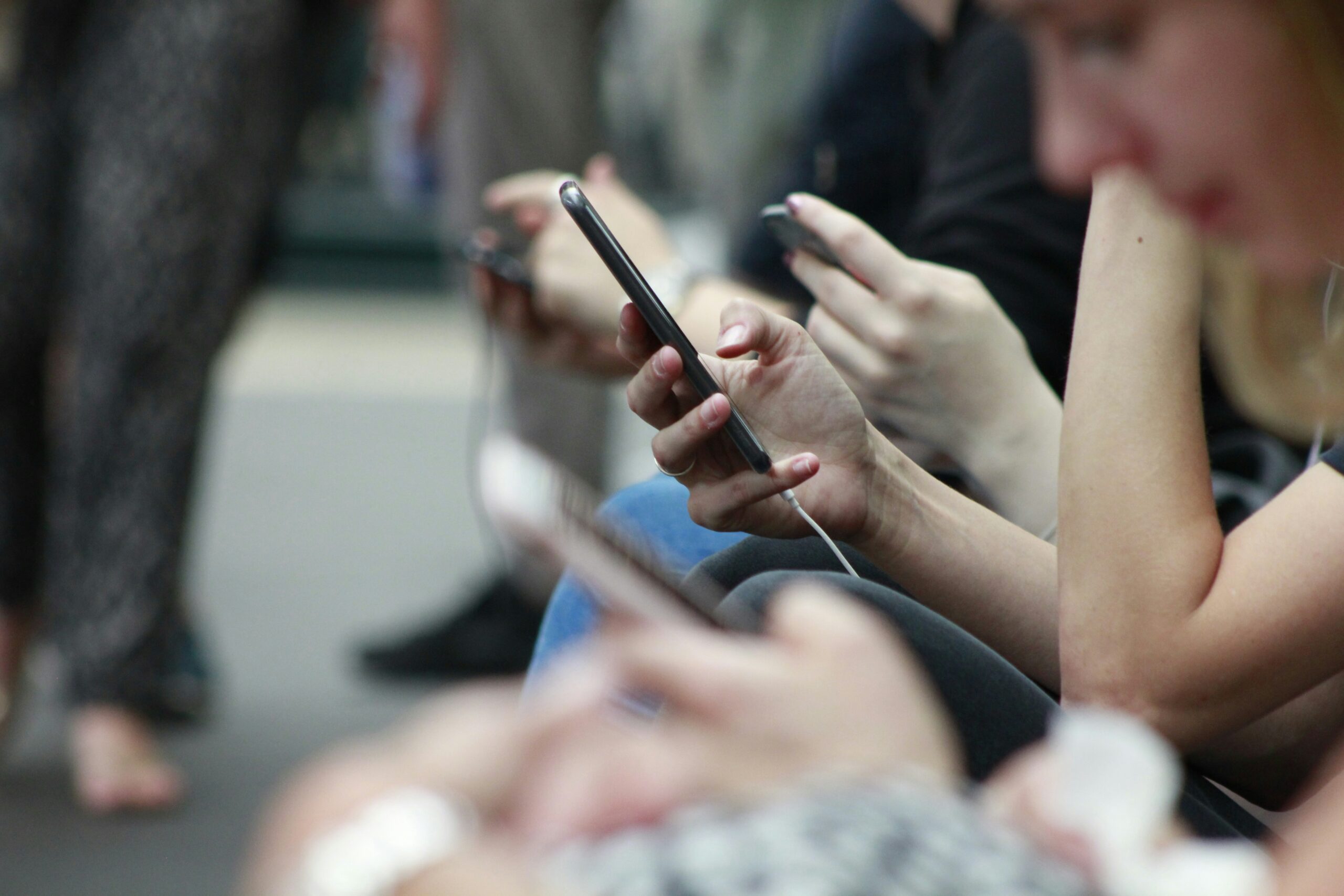By, Farah Fadlina binti Azwari
A smartphone is more than an essential item today. For convenience, even those who did not grow up with smartphones now own one to easily communicate with their loved ones. Many services around us also require smartphones for payments, registration or administration work. To the current youngsters and teenagers, being apart from their phones is torturous. This is termed nomophobia, the fear of being without a smartphone. Statistics show that more than half of the teenagers experience anxiety when they do not have their phones with them. This has put a spotlight on how dependent one can be on the gadget that could be misplaced or damaged at any time.
For the younger generations, smartphones or gadgets in general are integral in their lives while older generations have lived a period of their lives without them. In that setting, simple in-person interactions were more cherished. Instead of watching YouTube while eating, people had conversations with each other. Meals were shared over conversations instead of Youtube videos, and waiting times were filled with social games rather than endless scrolling. While enjoying the perks and convenience of having a smartphone, it is important to be aware that the people before us lived their lives perfectly fine without it and somehow, we can too.
From the surface, using your phone daily might not present a threat in any way, shape, or form. There are many ways smartphone usage can affect the sustainability of ourselves and the environment. Nowadays, the bad side of social media is more inherent as many realise how badly it can affect mental health, sleep and productivity. Healthy trends like digital detox and minimalist devices are emerging amongst youth all around the world to distance themselves from the negative outcomes of smartphones. This aligns with Sustainable Development Goals 3 which advocates for good health and well-being. These strategies remind us that it is more sustainable for us to use our smartphones mindfully as it brings more benefits to us than we think it would.
Many smartphone users are also trapped in the comfort of entertaining and releasing stress through the Internet and social media which eventually leads to a heightened screen time. Instead of going out to do activities or personal hobbies, some consider being on their phones as the best pastime as there are countless activities right under their thumbs. What users do not know is that a huge amount of power is needed to run servers which translates to an enormous carbon dioxide emission every year. Every video streamed, image uploaded, or social media post consumes energy. The global data centres that processing these interactions demand substantial electricity, generating significant carbon emissions. The trend of switching phones whenever a new model is introduced in the market is also not sustainable because it leads to the increase of e-waste. Smartphone users should be aware of Sustainable Development Goal 12 which aims to ensure responsible consumption and production which includes e-waste as well. Being more mindful of smartphone usage, consumption and disposal cannot just bring positive out-turns at a personal level, but also help the environment in the long run.
We should learn to adopt new practices in our daily lives that can help reduce social and environmental harm. Firstly, we could track and limit our screen time using apps or built-in tools in our phones. Next, lower the energy consumption of your phone by disabling background activity, regular digital decluttering and stream at a lower video quality. Also, getting new hobbies or finding a community that can enhance your relationship with the earth and its inhabitants can also help lessen gadget dependency. Sustainable smartphone use requires a conscious effort to balance convenience with responsibility. Through mindful habits, we can reduce dependency, safeguard mental well-being, and lessen environmental impacts. This approach not only serves personal health but also aligns with a broader commitment to sustainable development.***
- Islamic University VC Engages with IIUM Community on Integrating Shariah Law into Bangladesh’s Legal System - January 28, 2026
- SISCO Launches Certified Course on Visionary Leadership and Community Engagement at IIUM - January 28, 2026
- Memorandum of Understanding (MoU) Signing Ceremony between IIUM and Aafiyat Holdings Sdn. Bhd - January 28, 2026
